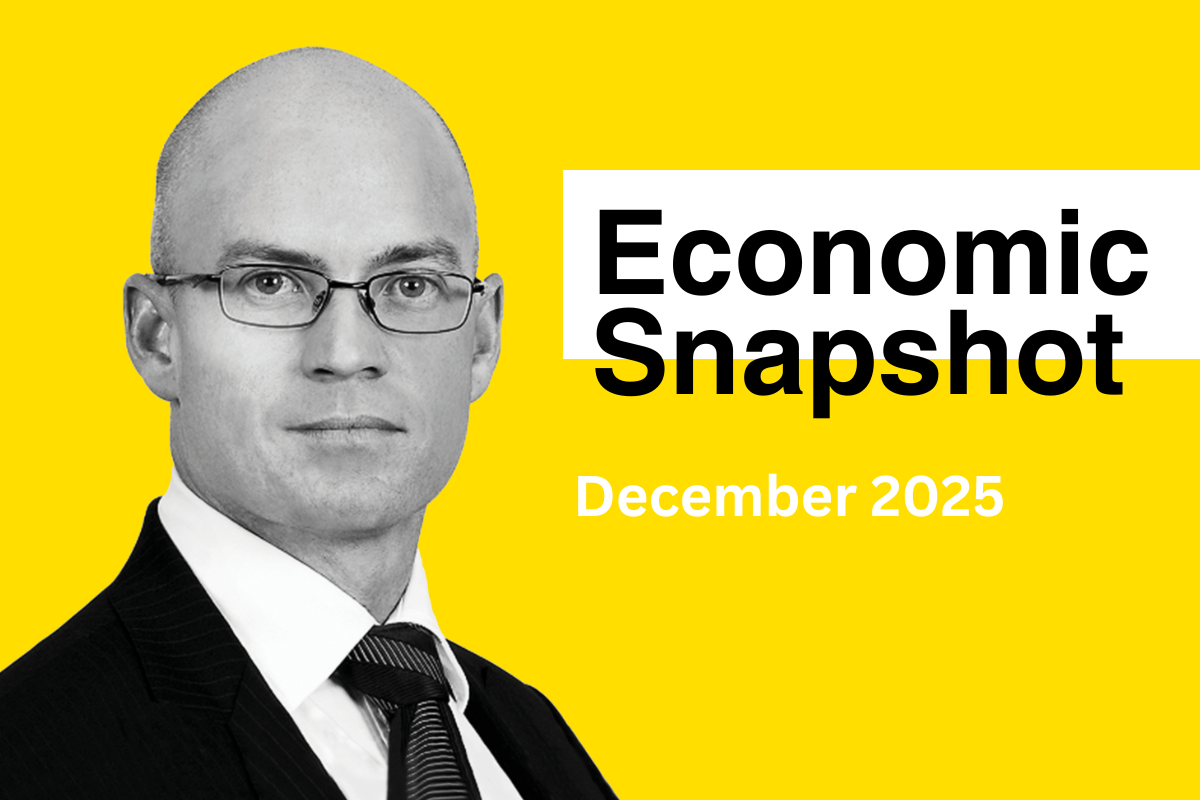
The last couple of years have taught us some valuable lessons, and mental health has (finally) been put in the centre of attention. Australians have struggled to prioritise their wellbeing, but Covid definitely forced many of us to seek help after intensifying so many feelings, money anxiety included.
In fact, in America psychology was recently added to the educational curriculum required for financial advisers to become Certified Financial Planners (CFPs) by the CFP Board. In Joyce Marter’s book, “The Financial Mindset Fix,” she explains how our mental health is directly related to our financial health, impacting one another to the extent that it’s important to work on both areas simultaneously to keep them healthy.
As the author explained in a Forbes interview earlier this year, when we work on our mental health, our emotional intelligence inherently improves and so do our relationships. We learn new coping skills and have better risk tolerance, if we’re starting businesses or making investments. We can also apply mindfulness to our financial decisions: be conscious about our spending, pushing denial and reactiveness away.
Investing in our thoughts
A big challenge when it comes to investing is to accomplish a certain detachment from risk. We have all caught ourselves, friends or partners checking their stocks in the middle of a holiday getaway, at their kids’ soccer game or before going to bed. Not being able to zone out (a critical lesson taught by mindfulness) can get us to a very fear-based and reactive state of mind. As hard as it sounds, trusting the process and being able to read the situation with certain distance has been proven to give the best results. Ups and downs are part of the process and so, there is a limit you heart and mind can take every day.
Stress and personal finances
Stress can impact our spending, making us have more impulsive and compulsive spending behaviours whether it’s food, alcohol or excessive shopping. Unfortunately, many people in their fifties and above are still carrying some unhealthy ideas, such as ‘life is enjoyed to the fullest once you retire’, or ‘once I get to this massive financial goal I’ll spend more time with my kids.’ Truth is, that only add more anxiety to our glass and prevents us from enjoying the present. The reality is that enjoying life and doing some of those things we’re planning as reward can give us more energy to think more positively about new income streams, new investment opportunities and always growing and developing financially and personally.
Build a healthy financial mindset
According to cognitive behavioural therapy, our thoughts precede our emotions and our behaviours. If we’re preparing ourselves for failure, if we think something’s impossible for us or it’s just not going to work, chances are right. Clinical experiments show that a positive mindset plays a major role in our lives. By breaking our self-limiting beliefs, trusting we can achieve big yet realistic goals and that prosperity and change are part of us, we can can drastically shift our reality.
Support is also pretty important. In the shape of a financial adviser, an expert fiends and even an experienced parent. Quite often, young adults and end even seniors are afraid to ask for help, and that’s just another bad habit we’ve inherited from previous centuries. Reaching out when you need to can only make your stronger and help you grow in all aspects of life.
Another key point is setting healthy financial boundaries. We all have a soft spot for our children and want to give them a hand whenever we can, but if one of them is living with us rent-free, not working or studying, we’re not helping neither them nor ourselves. Instead of enabling the child and fostering dependency, learning how to set healthy limits and boundaries through assertive communication is the way to go. The best way to support our children is through financial literacy: teaching them how to live on a budget, how to invest and save for the future, making sure they don’t become financially dependant from an early age.
Forgive your financial self
Punishing yourself and others for unnecessary expenses or making financial mistakes will not help you progress. Learning from it and, most importantly, letting go of those hard feelings will help us move forward with more empowerment and positivity by taking responsibility for our financial future.
As Marter says, “this is a time where we need to tend to the mental health aspect of how our finances are impacting our mental wellness. And we need to practice some self-care and mindfulness strategies so we can cope as best as possible and take action financially to recover and move forward.”
Latest News Articles
Back to Latest News
What a Financial Plan Actually Looks Like

Realistic Budgeting Tips for Australians in 2026


